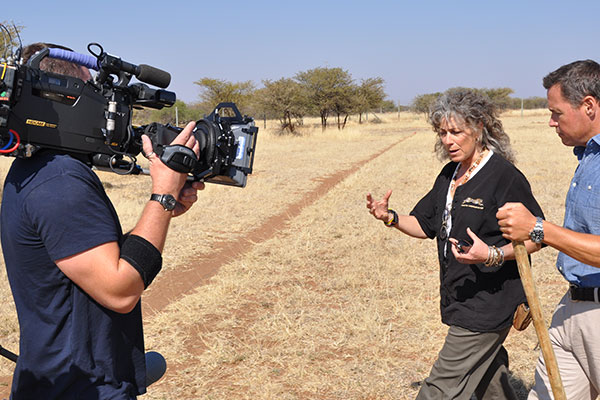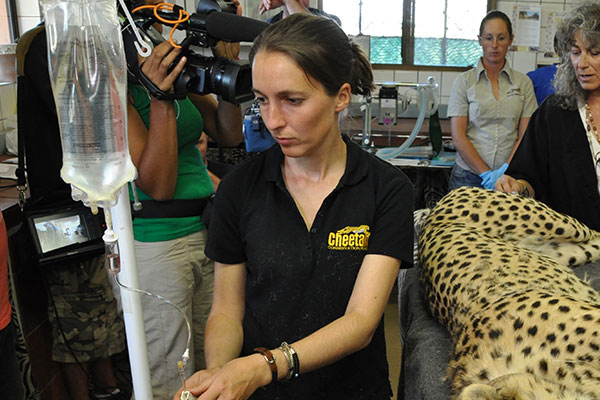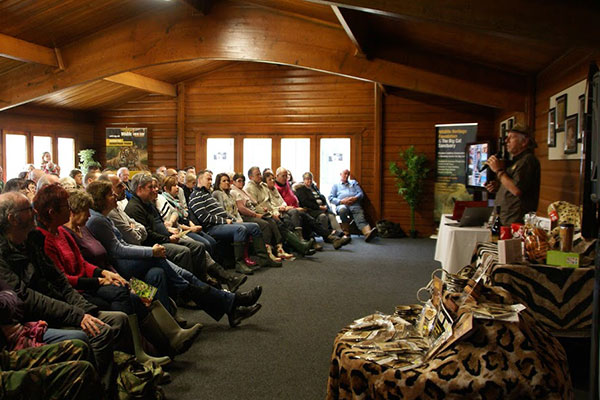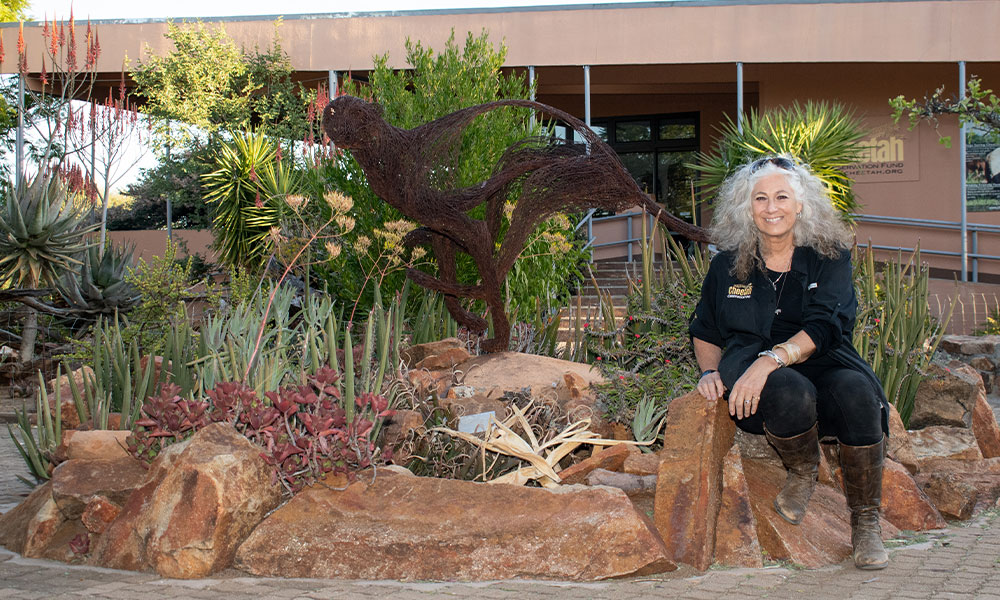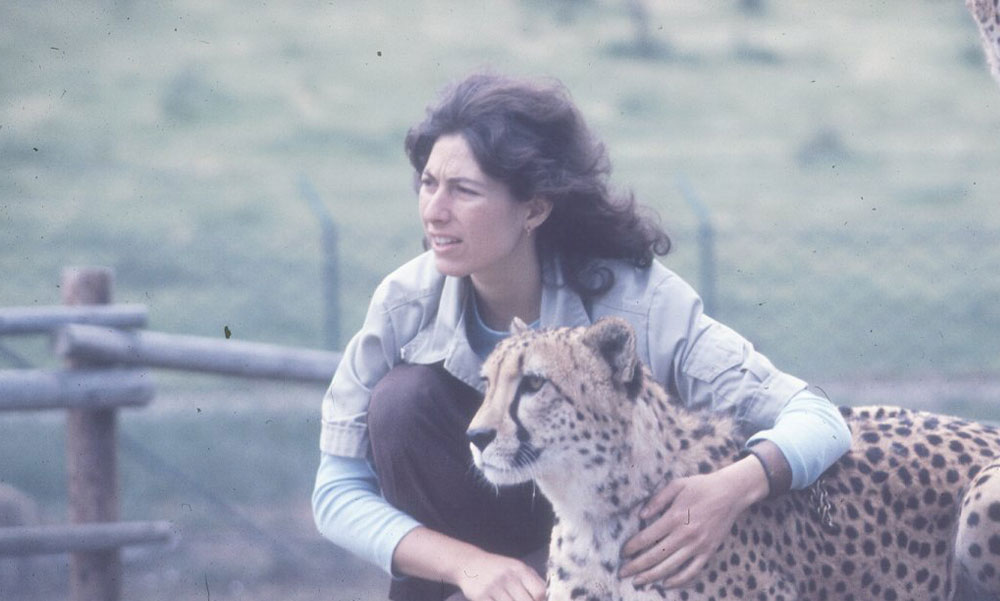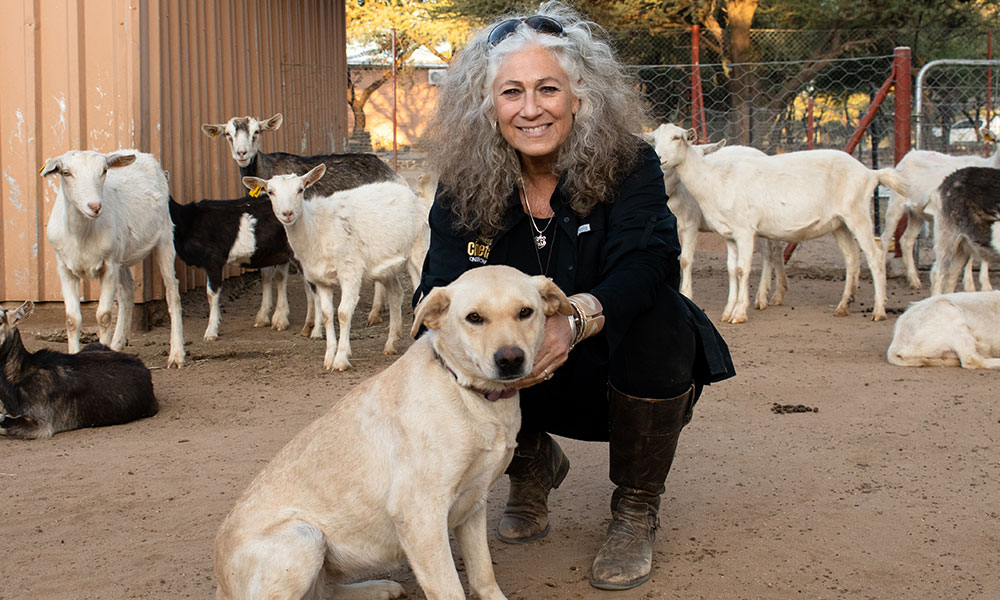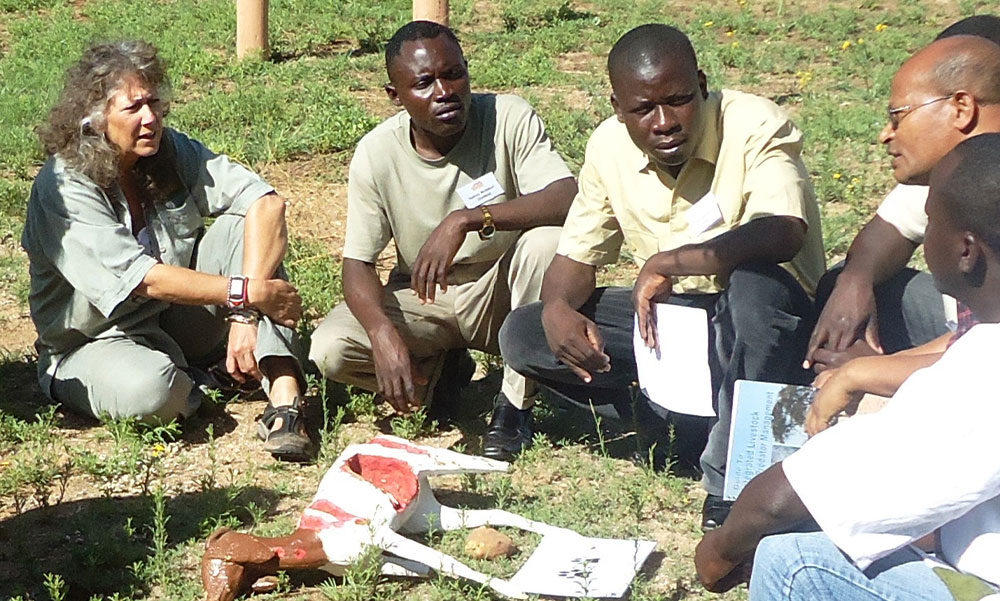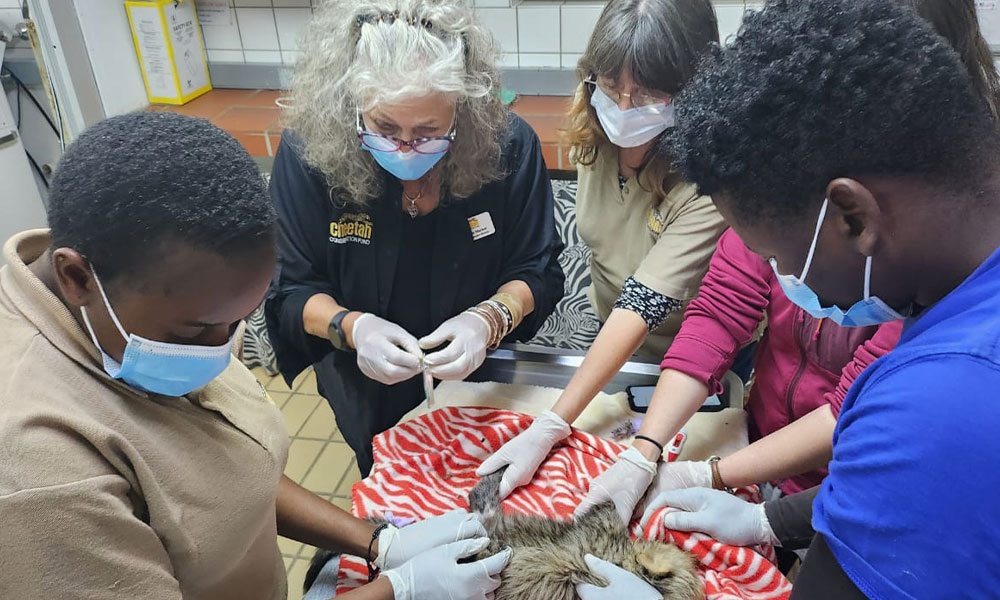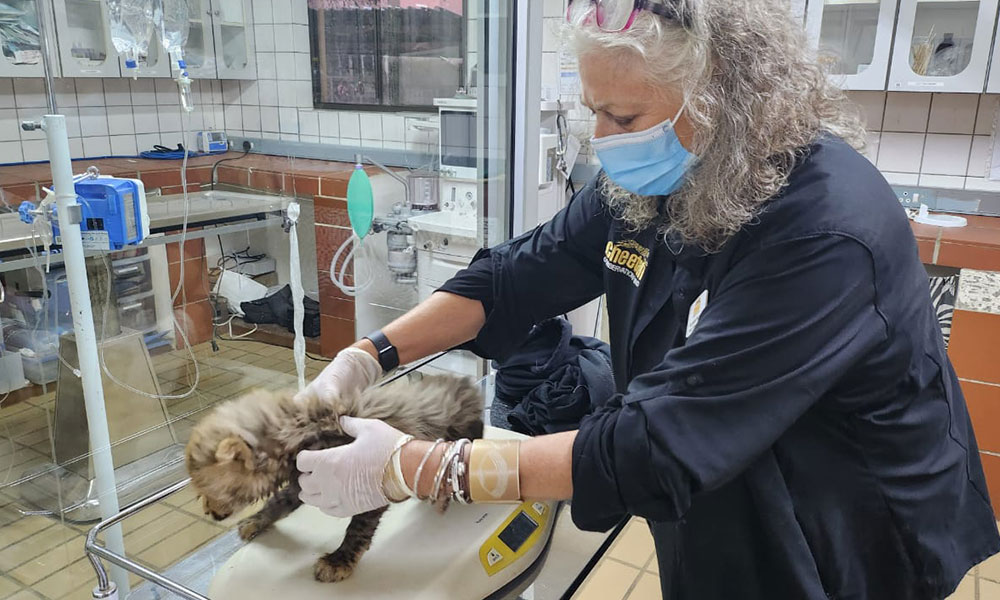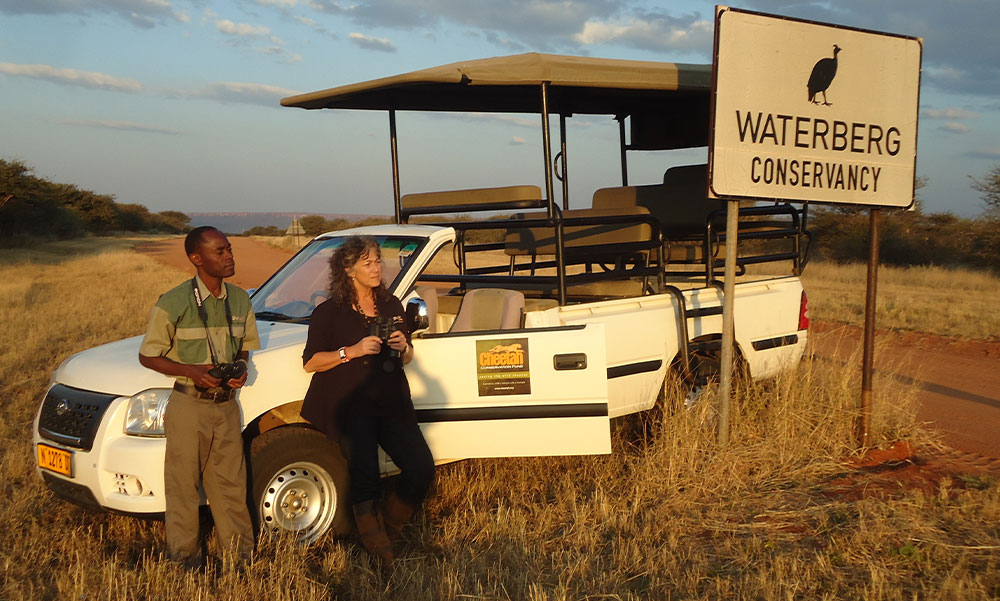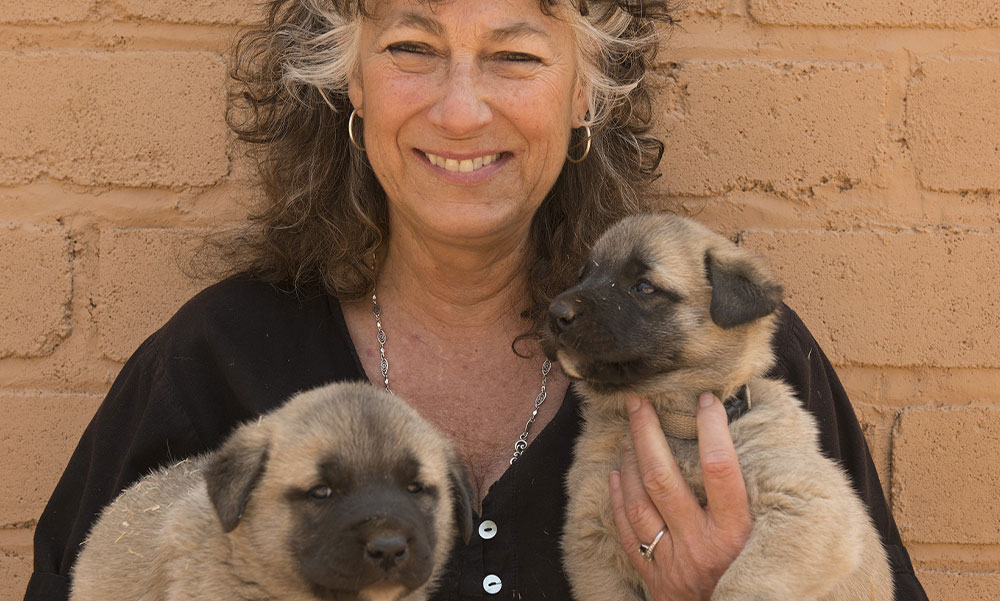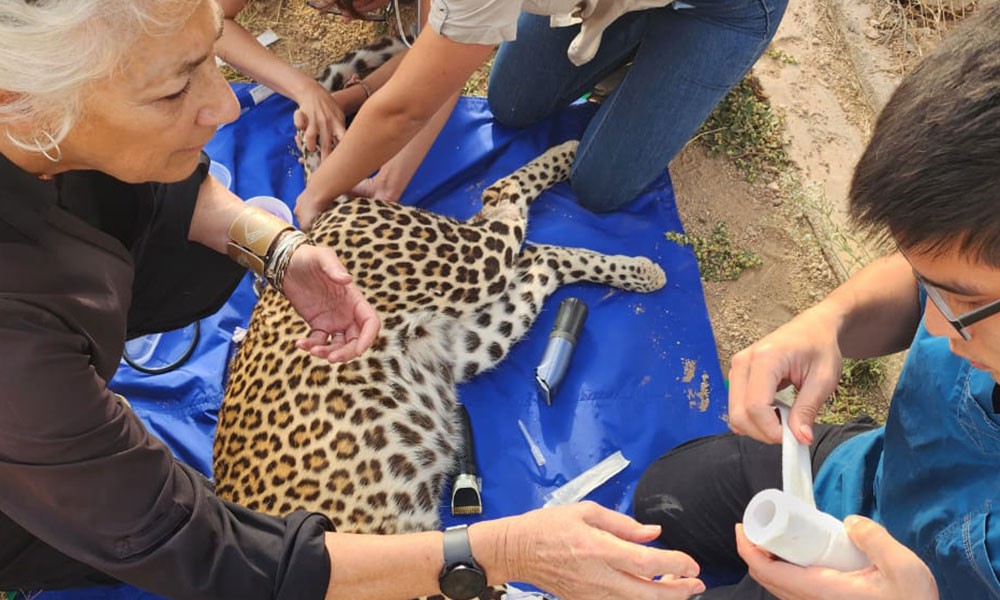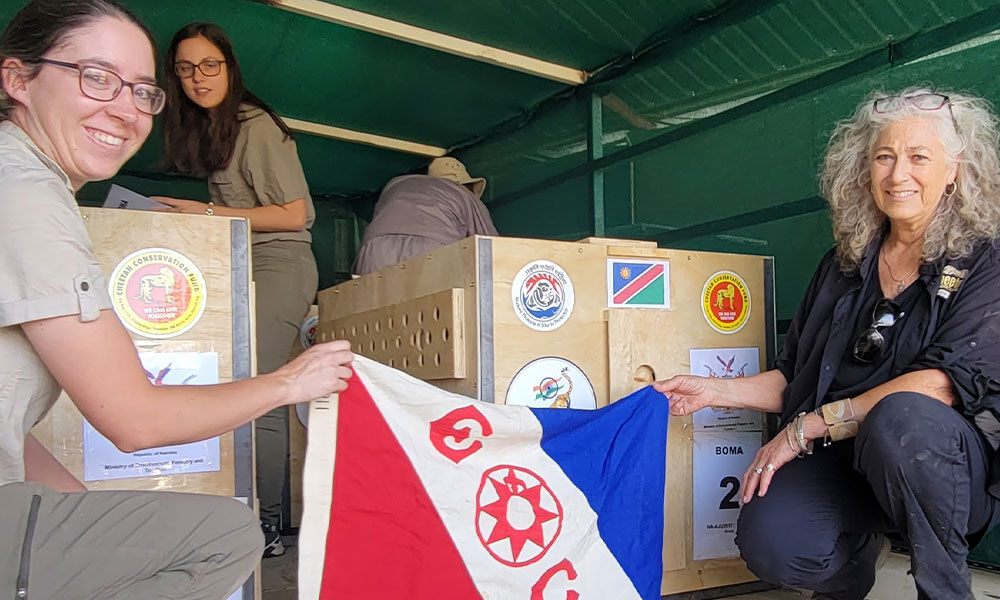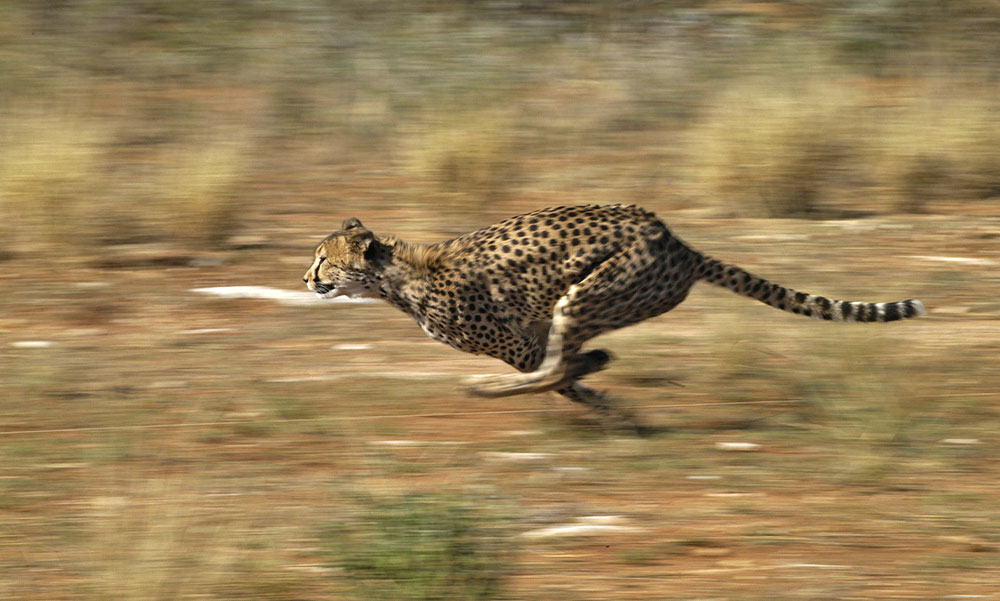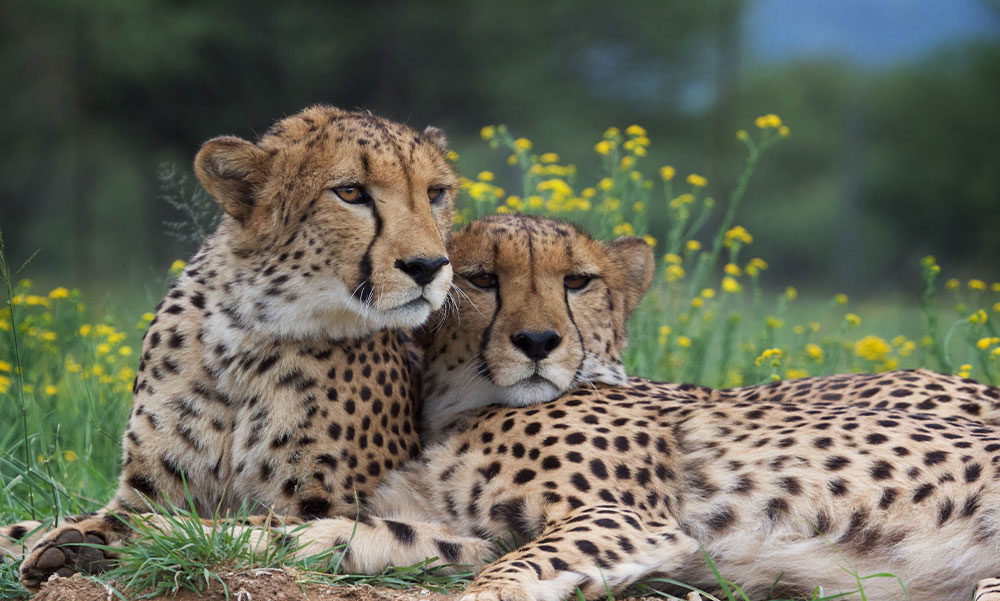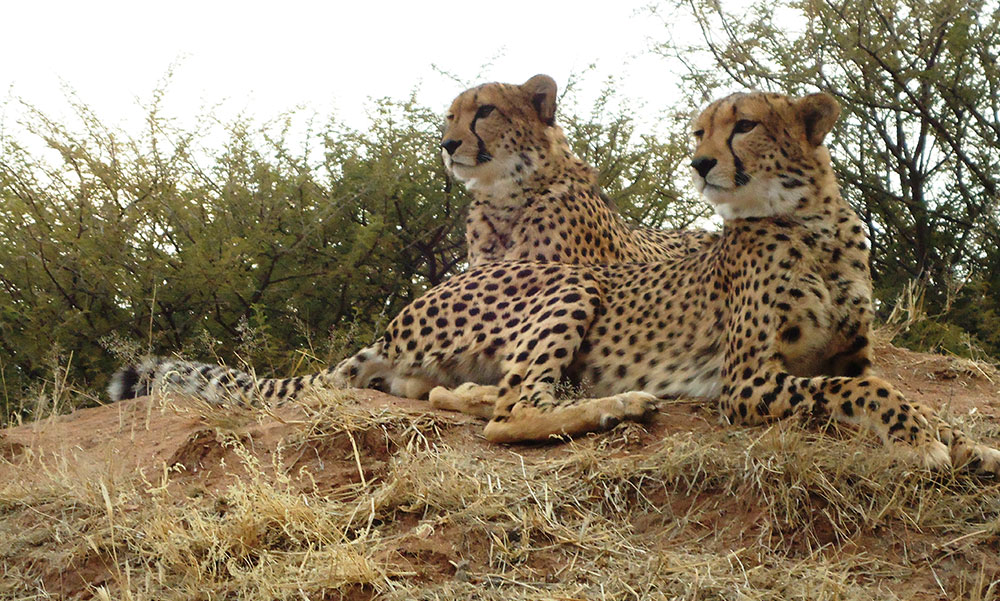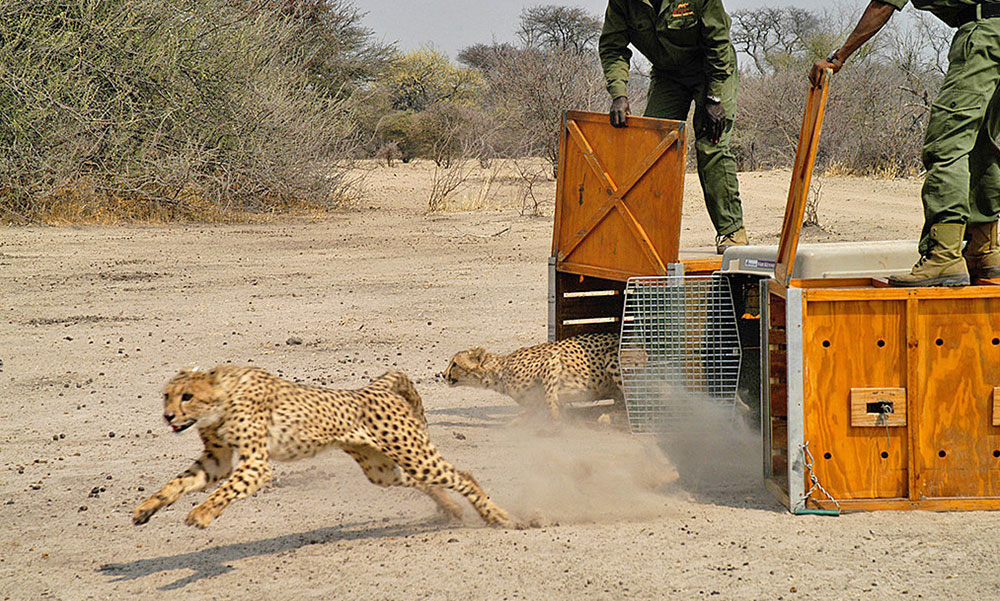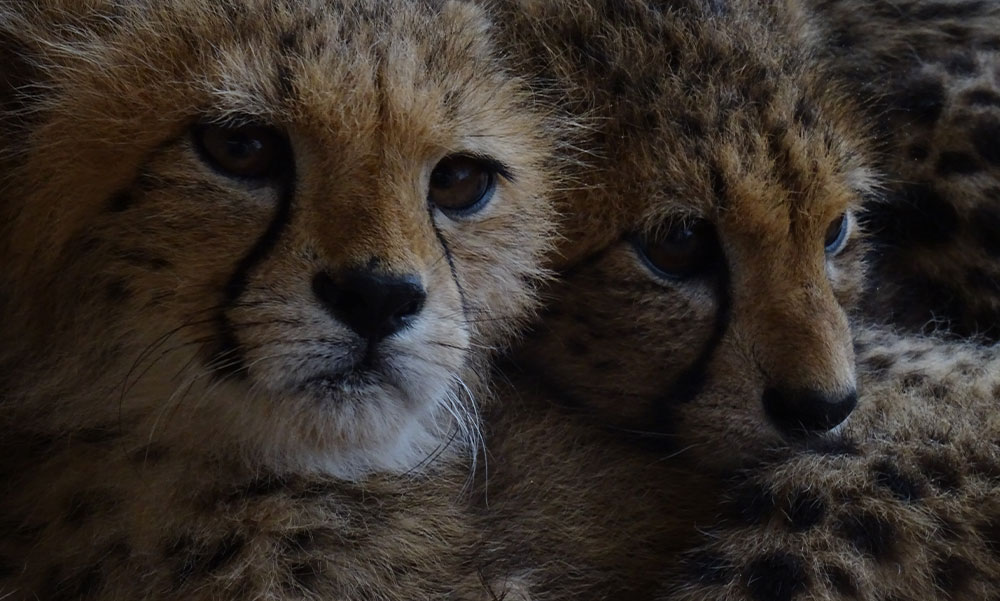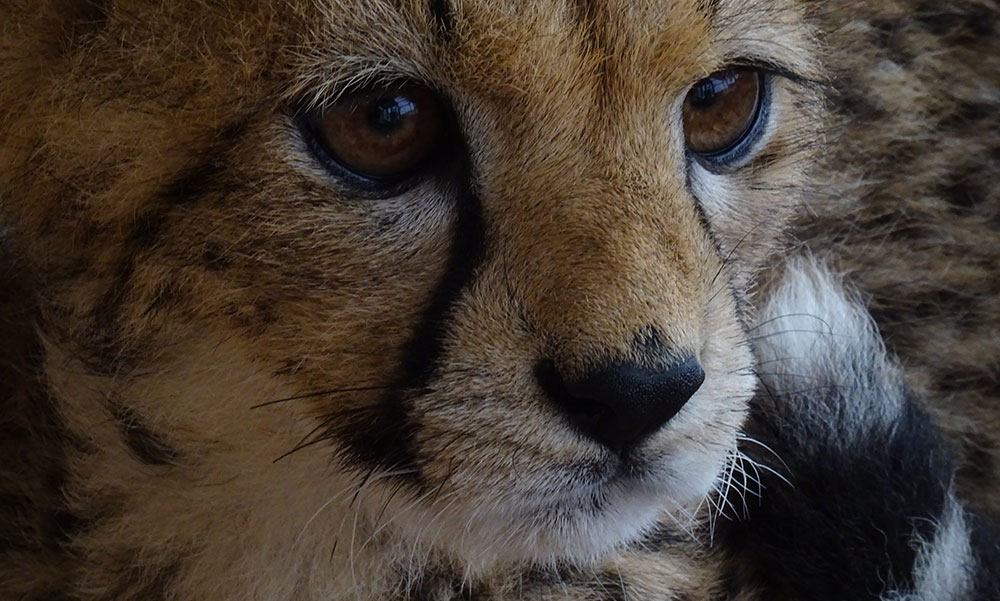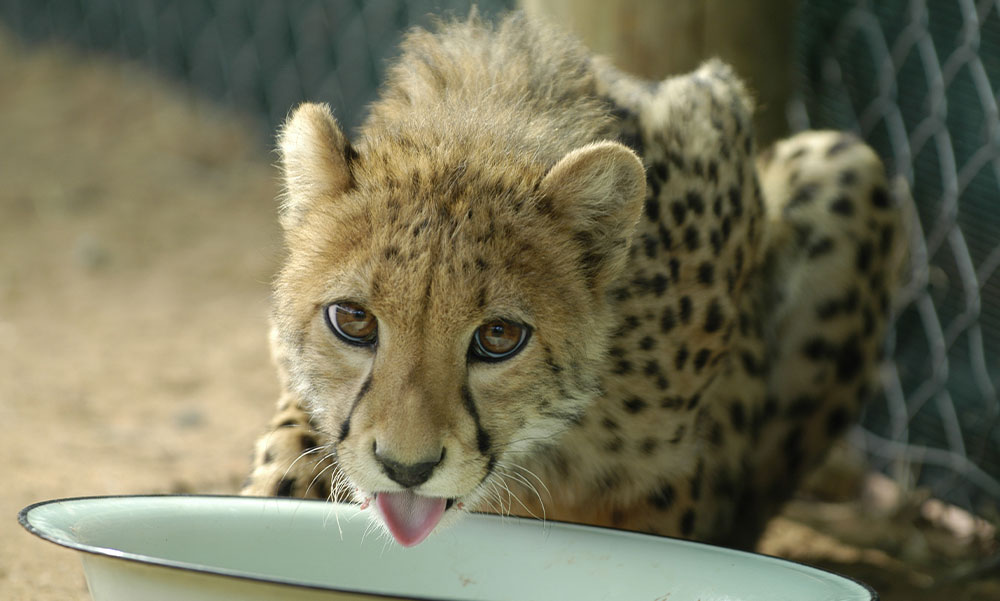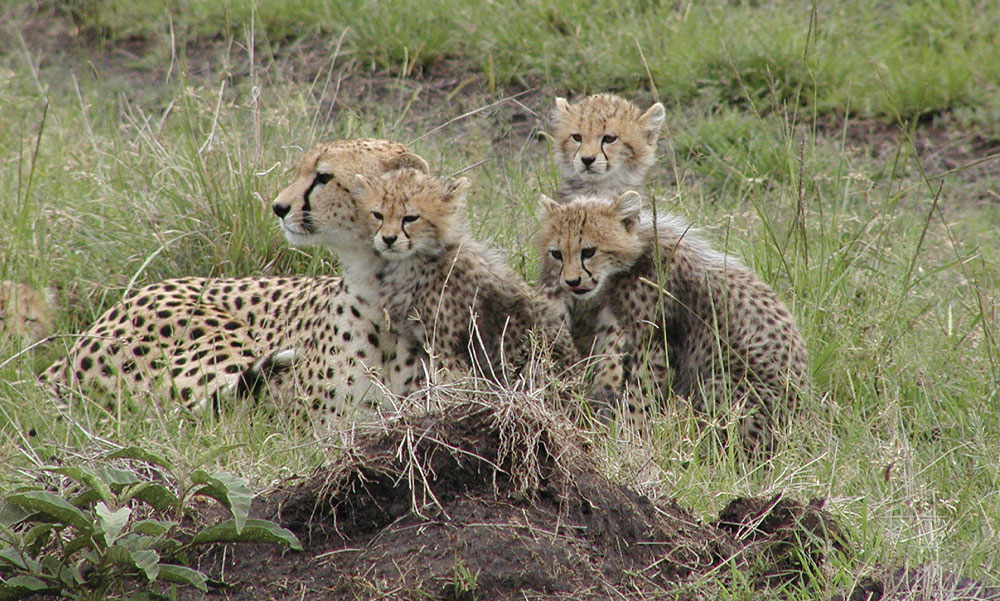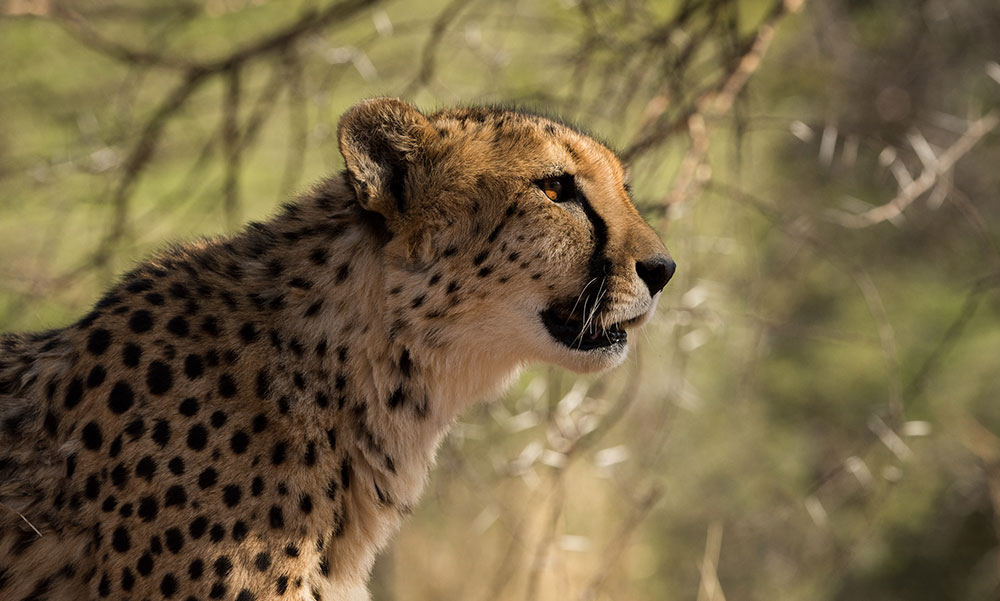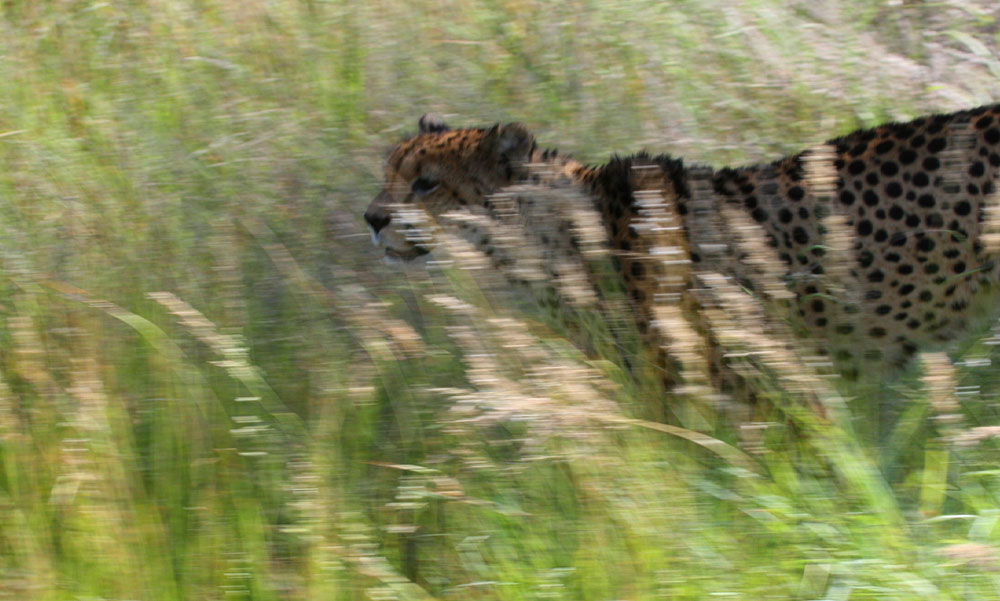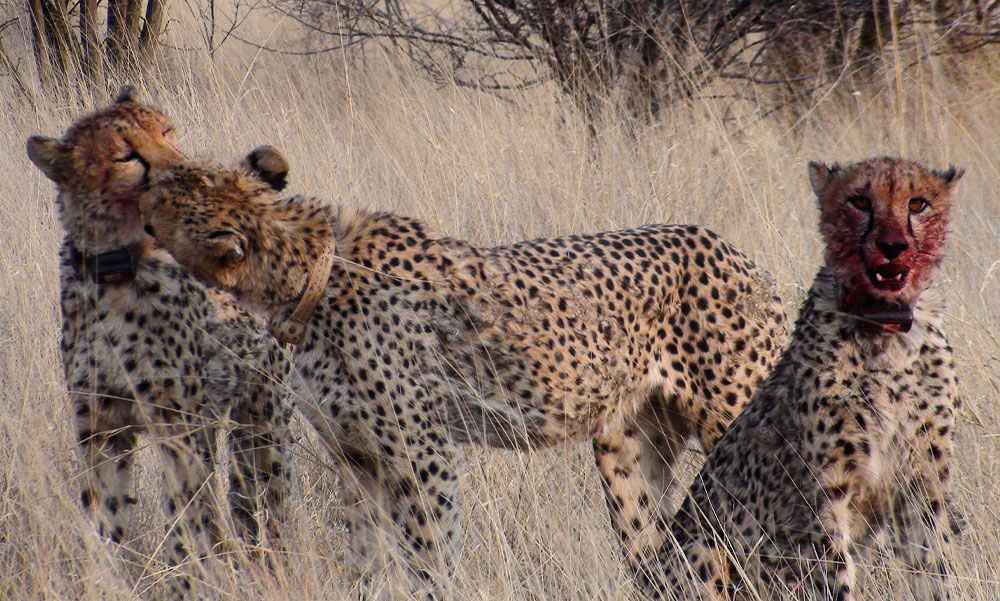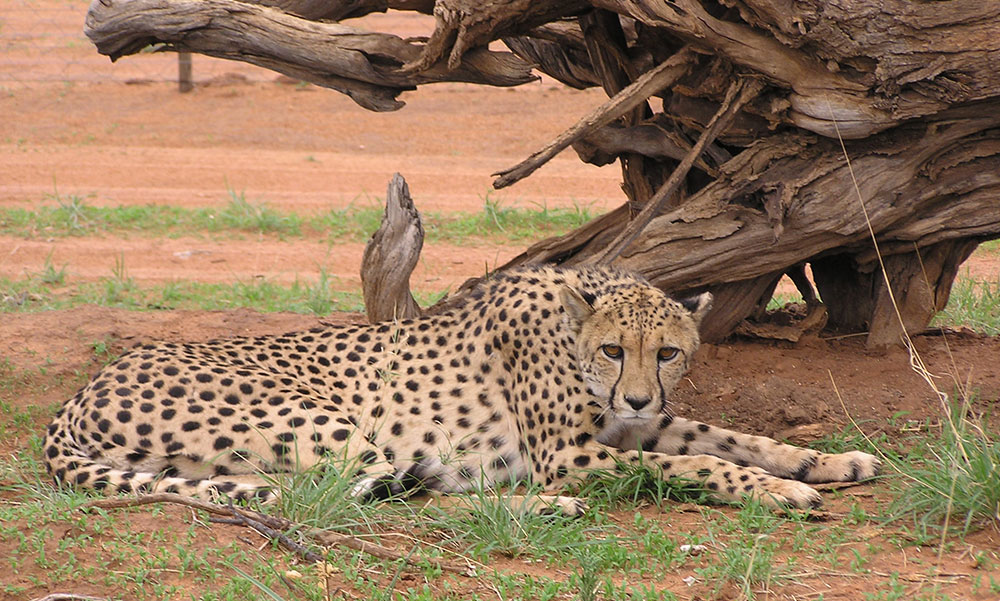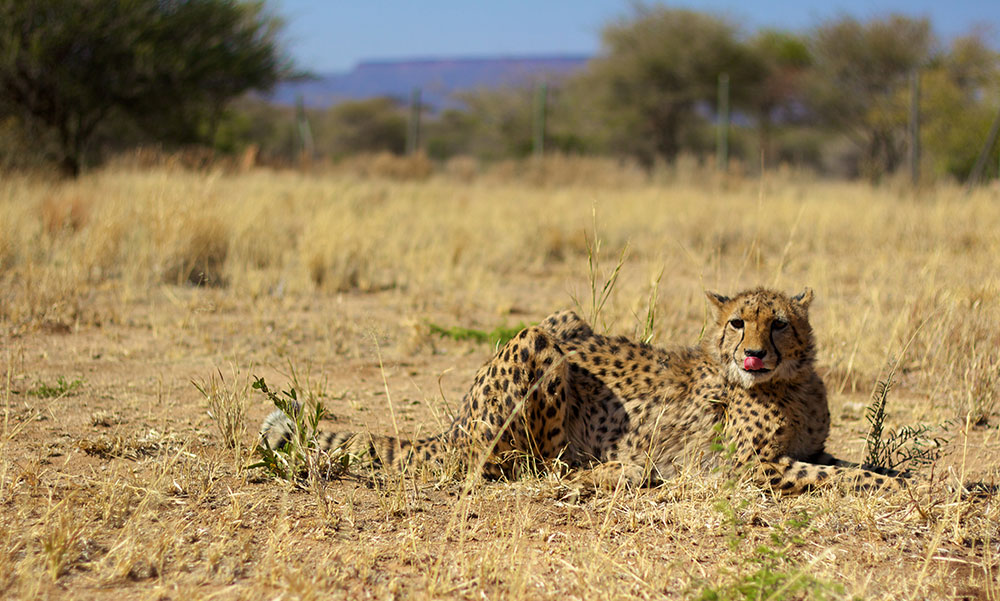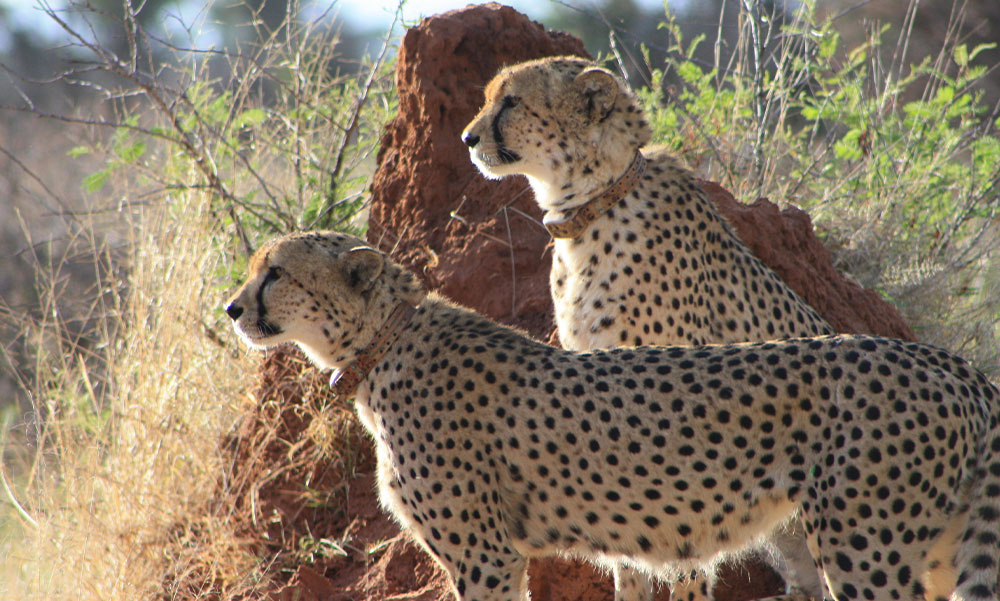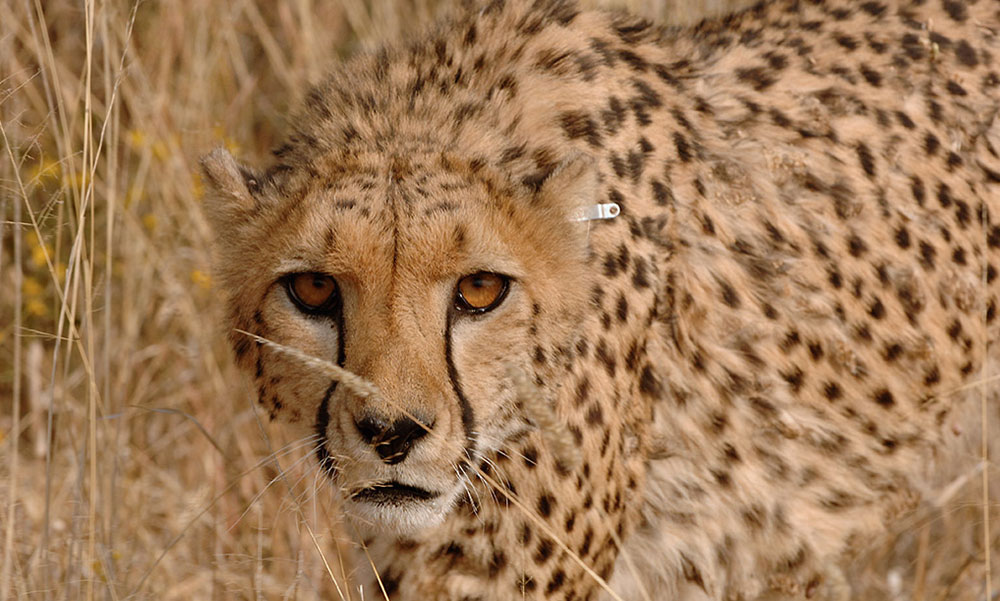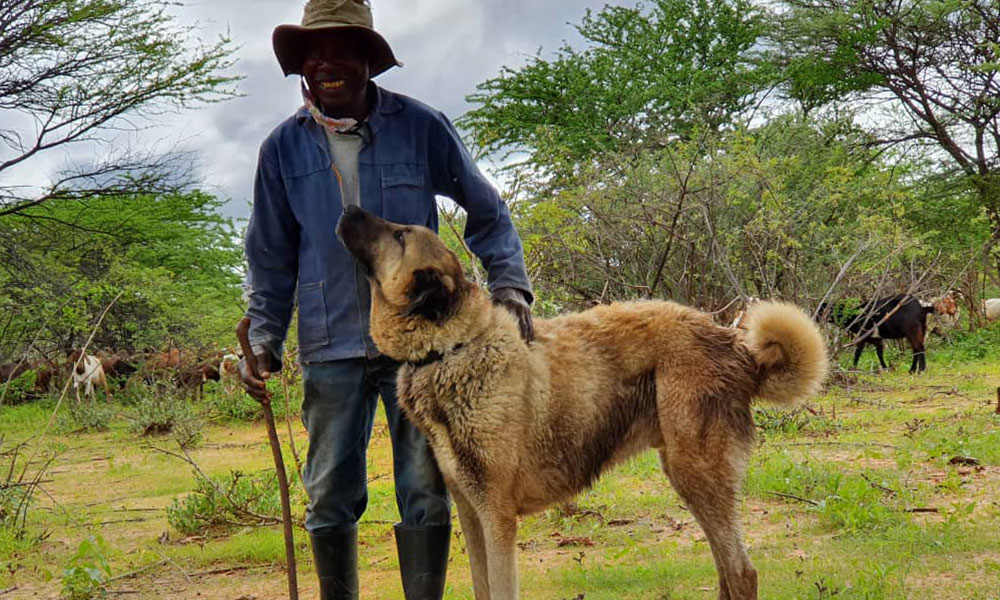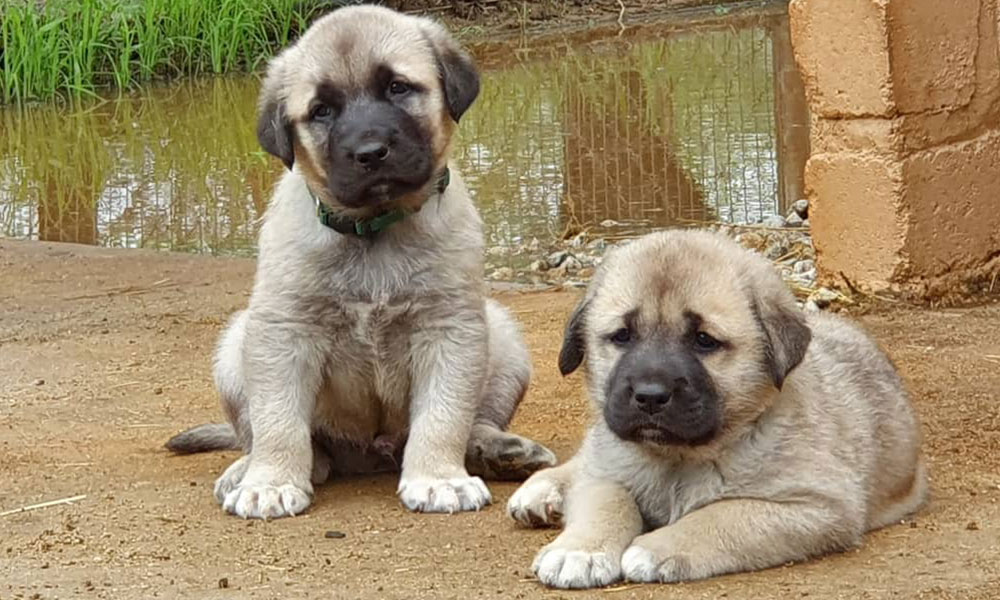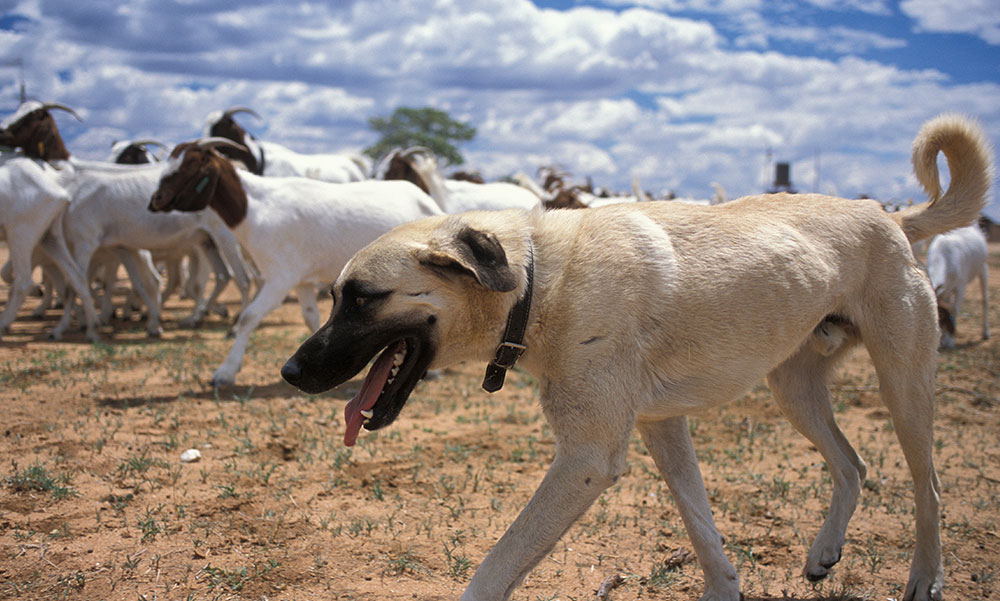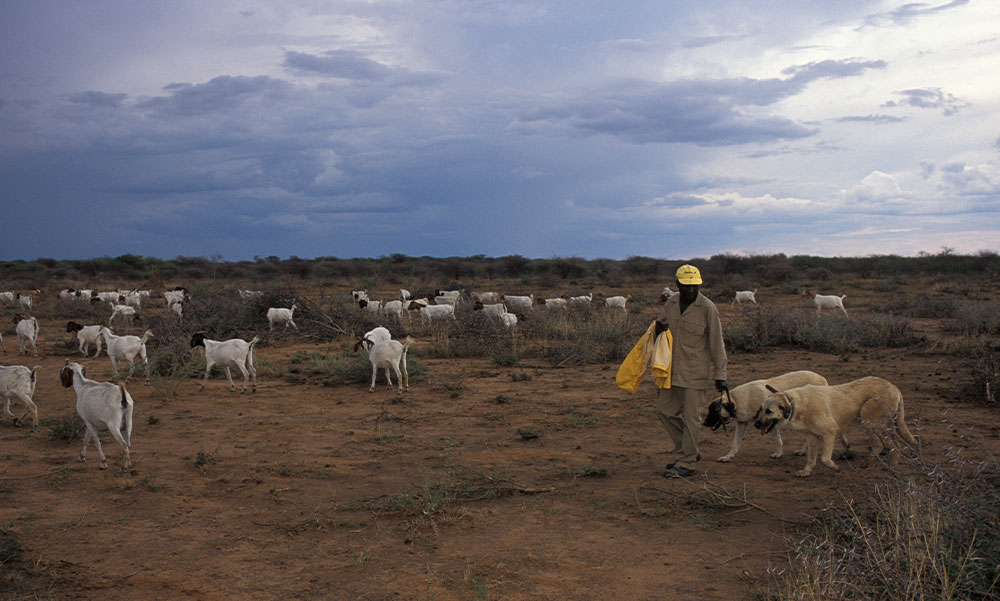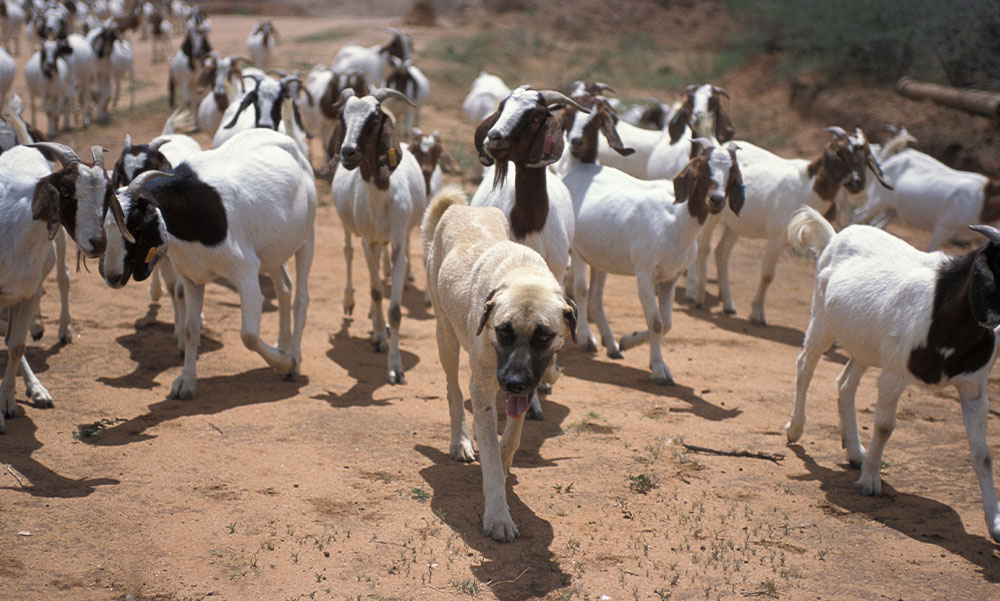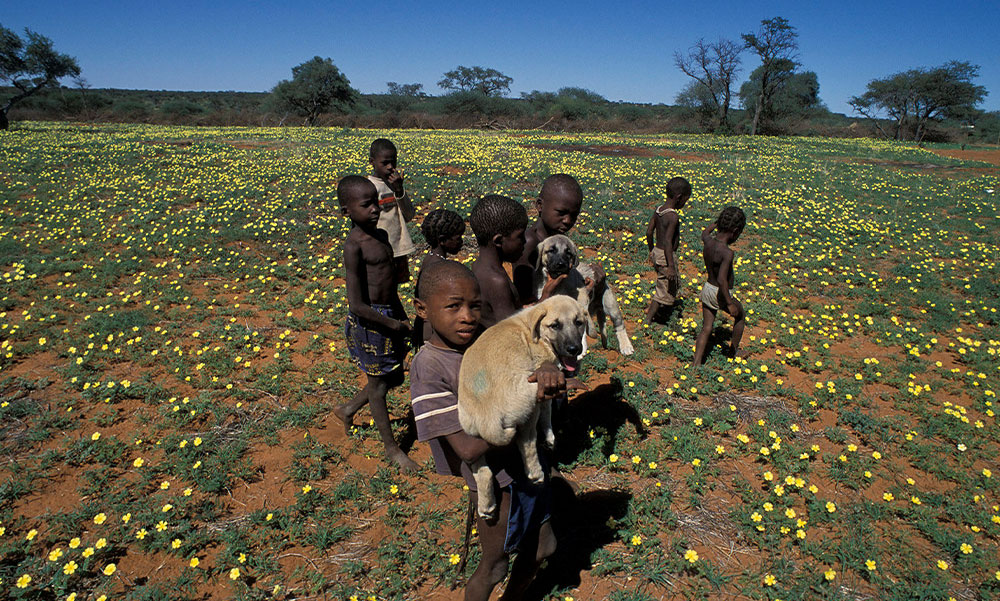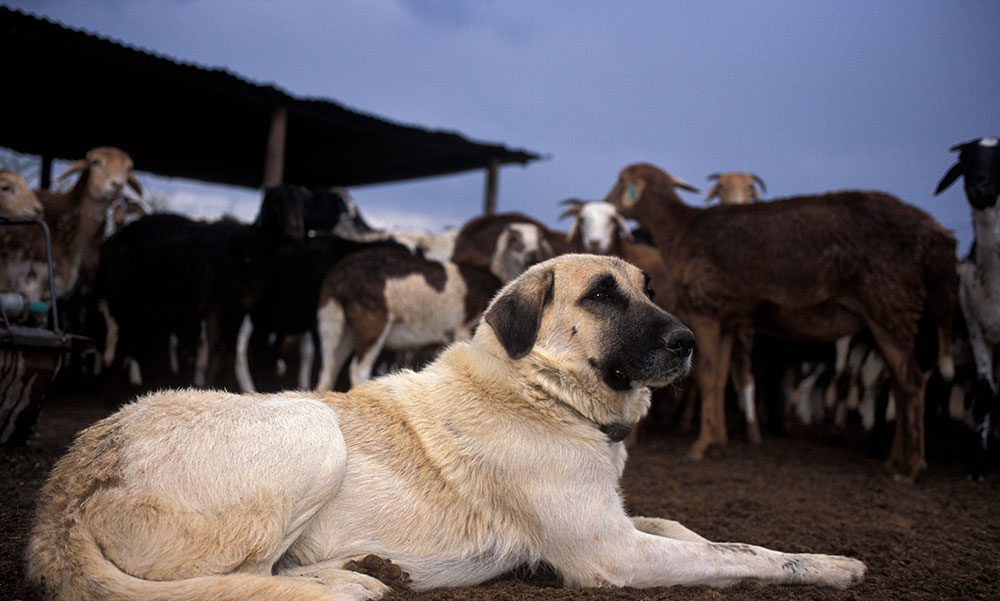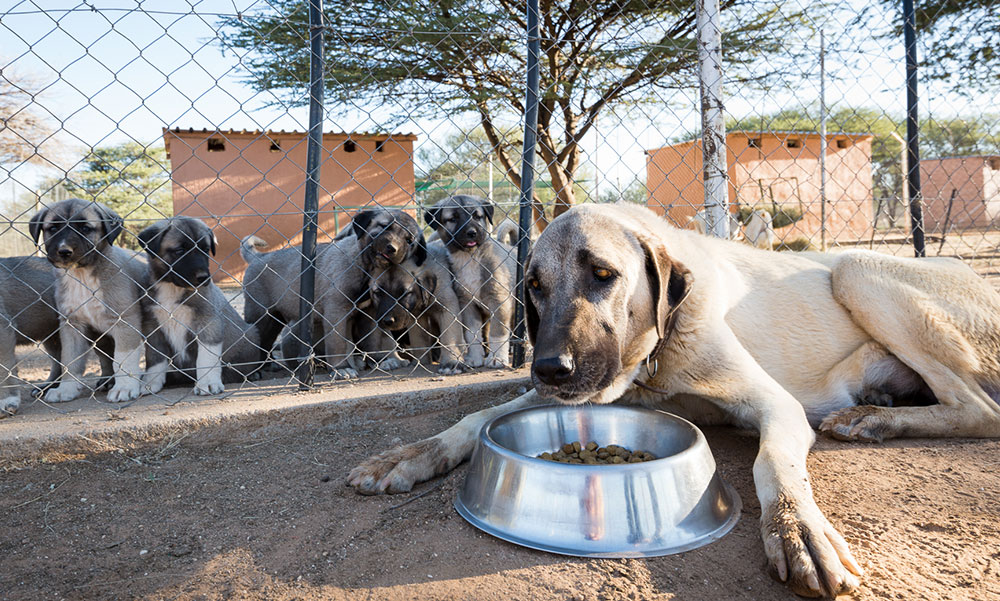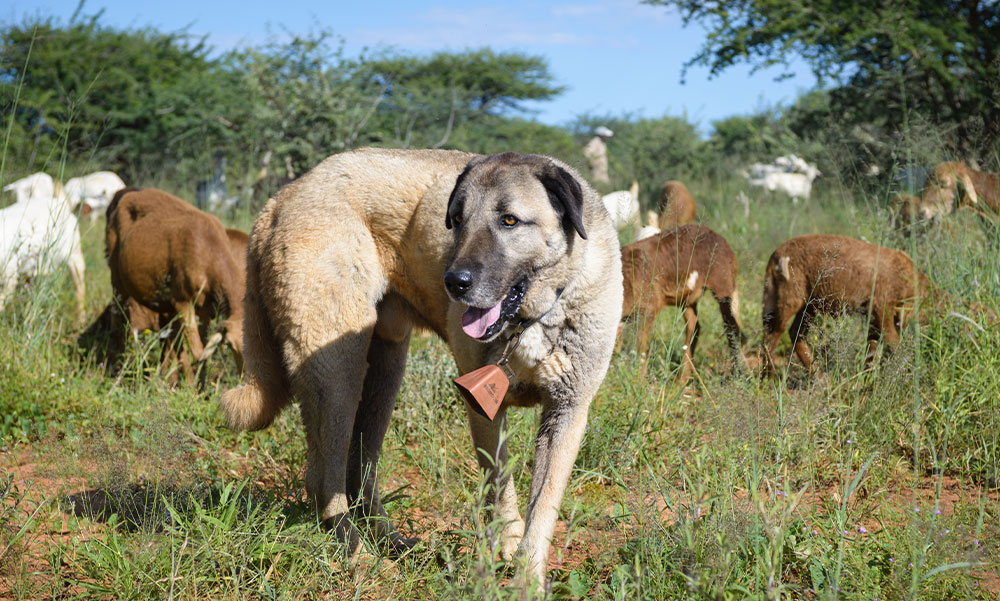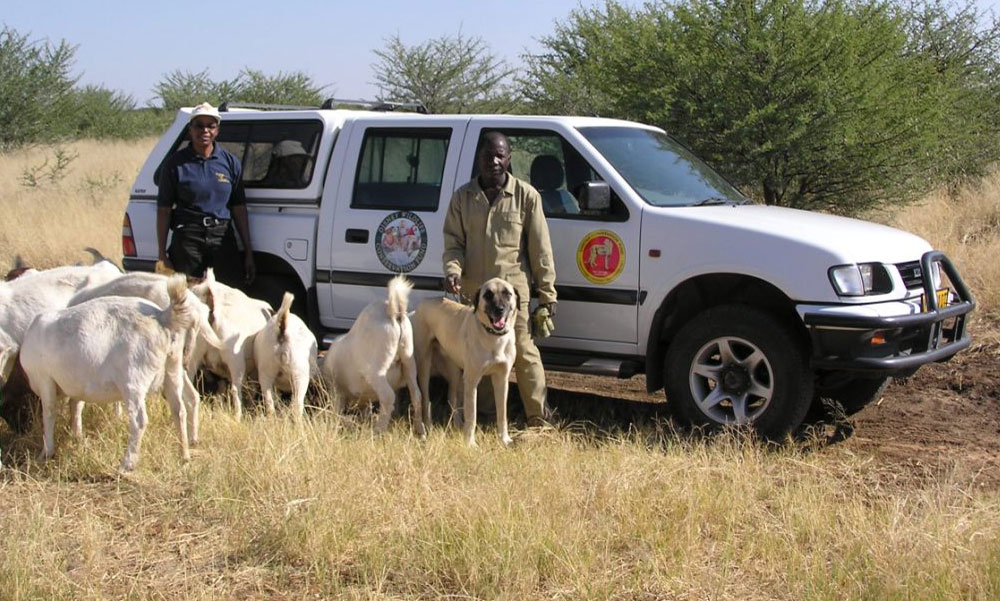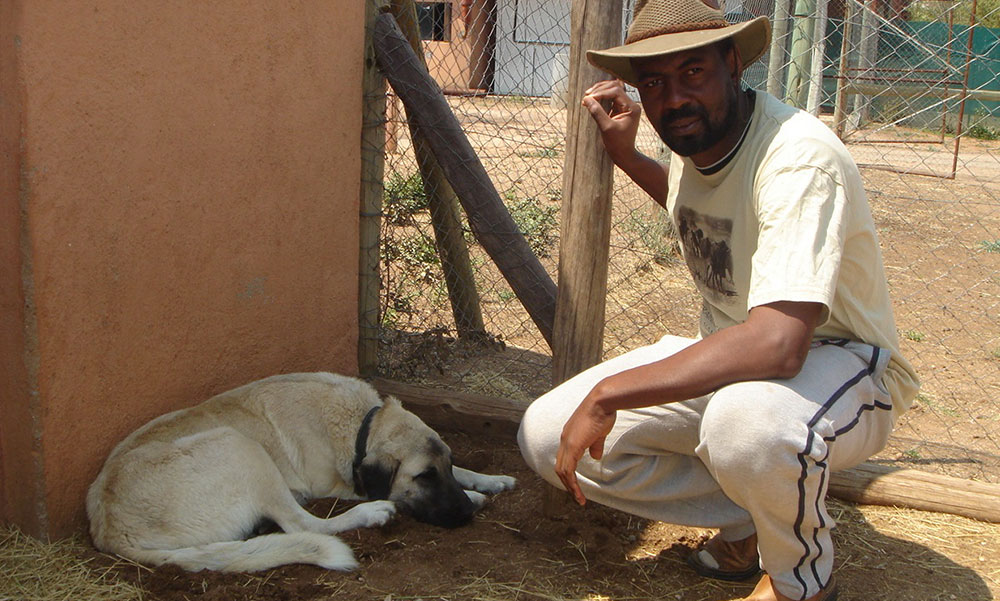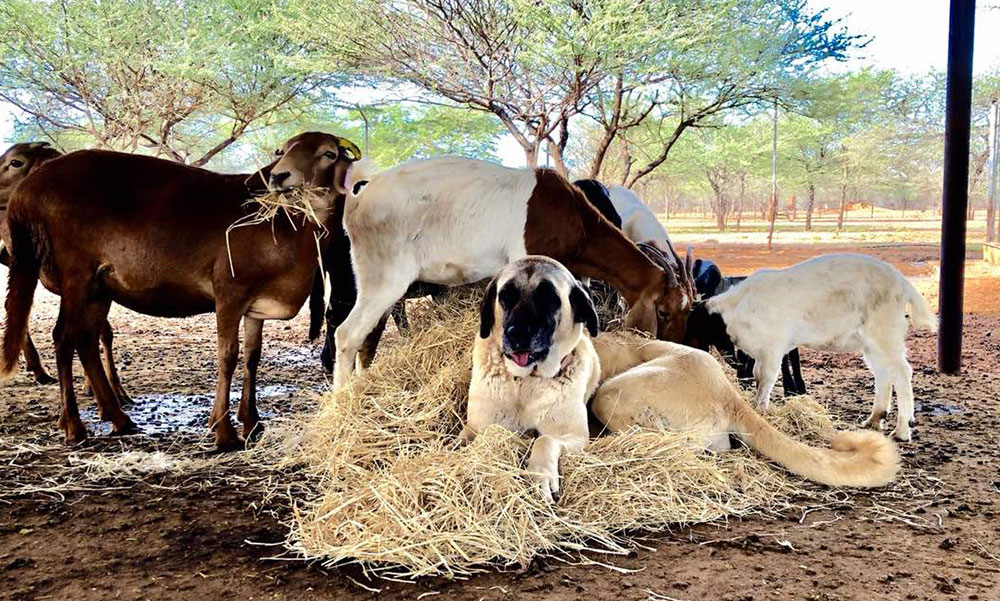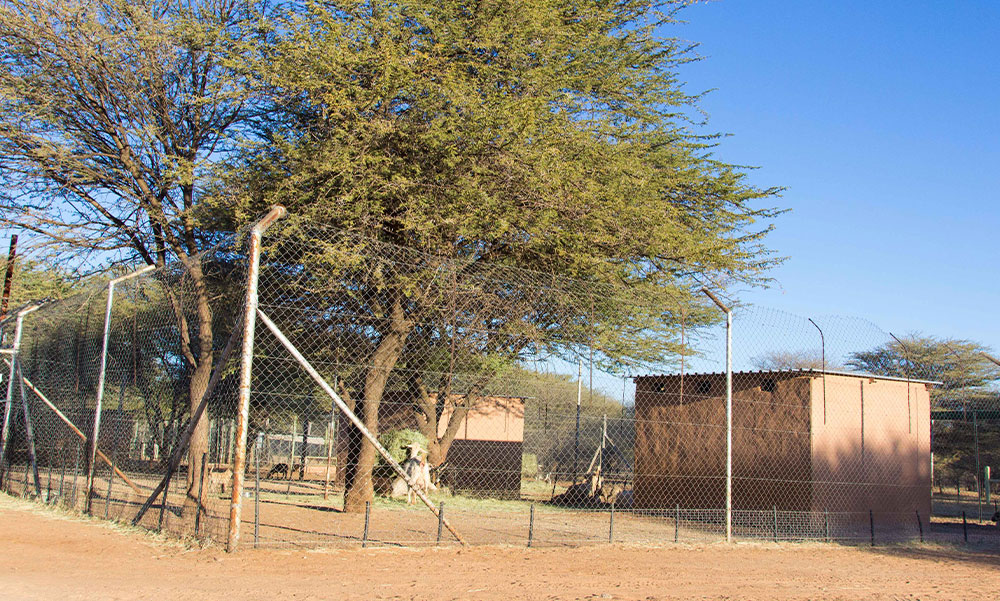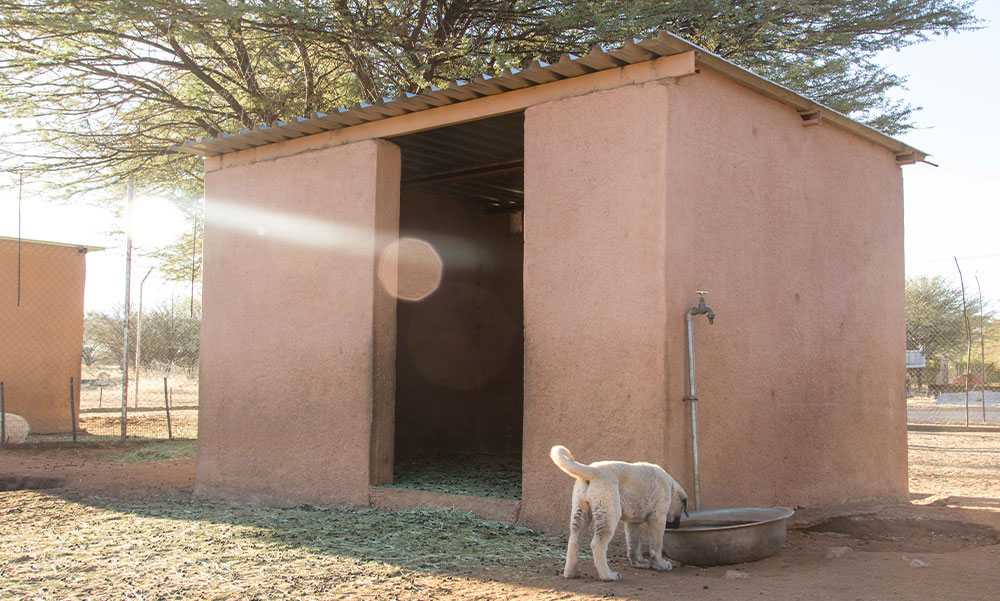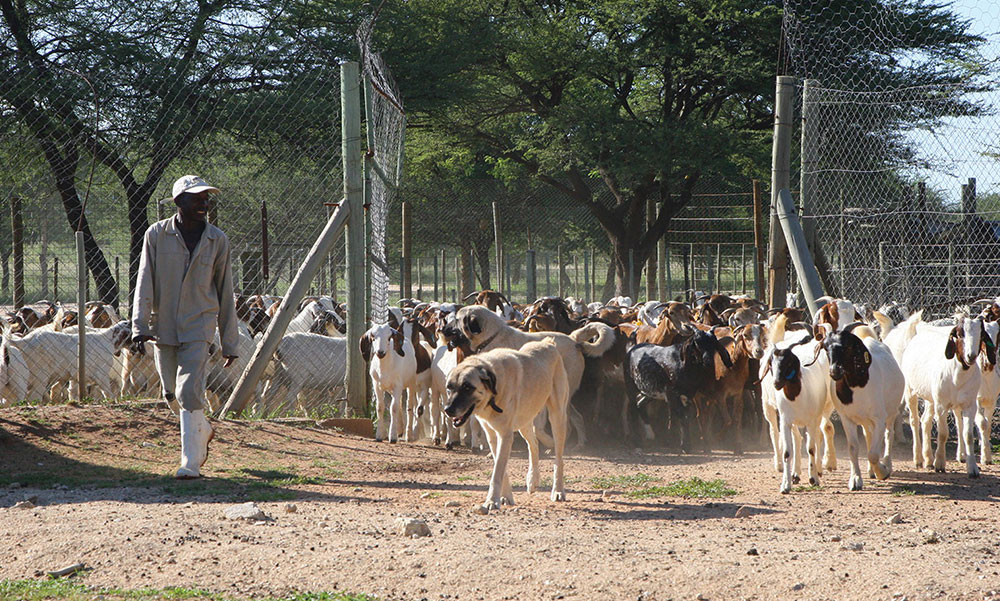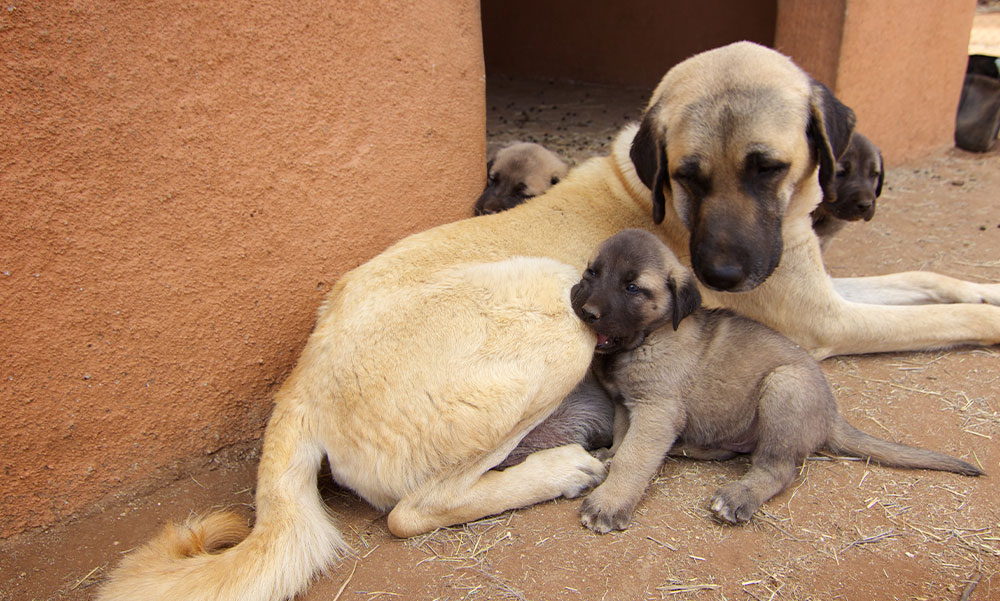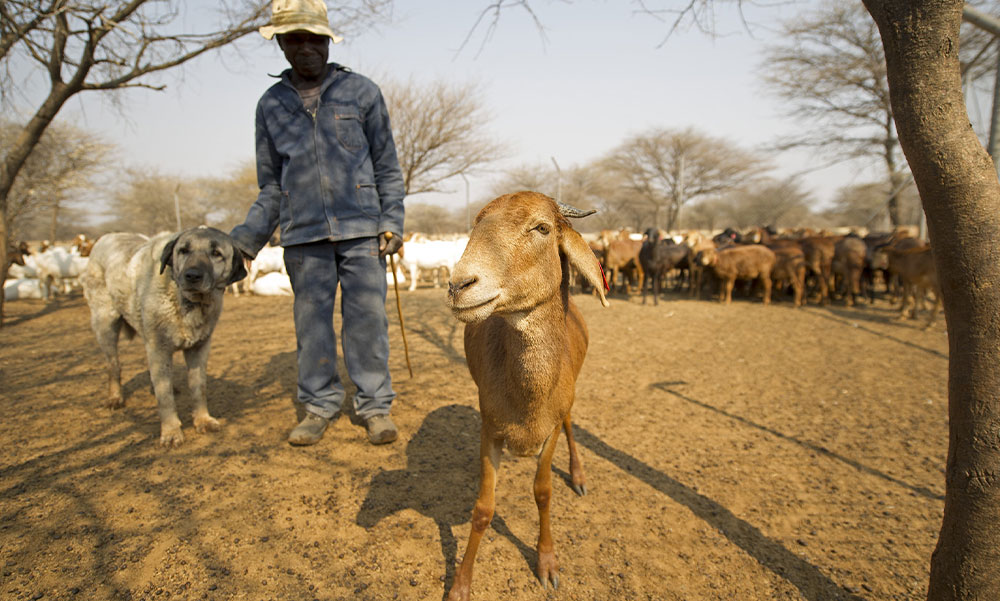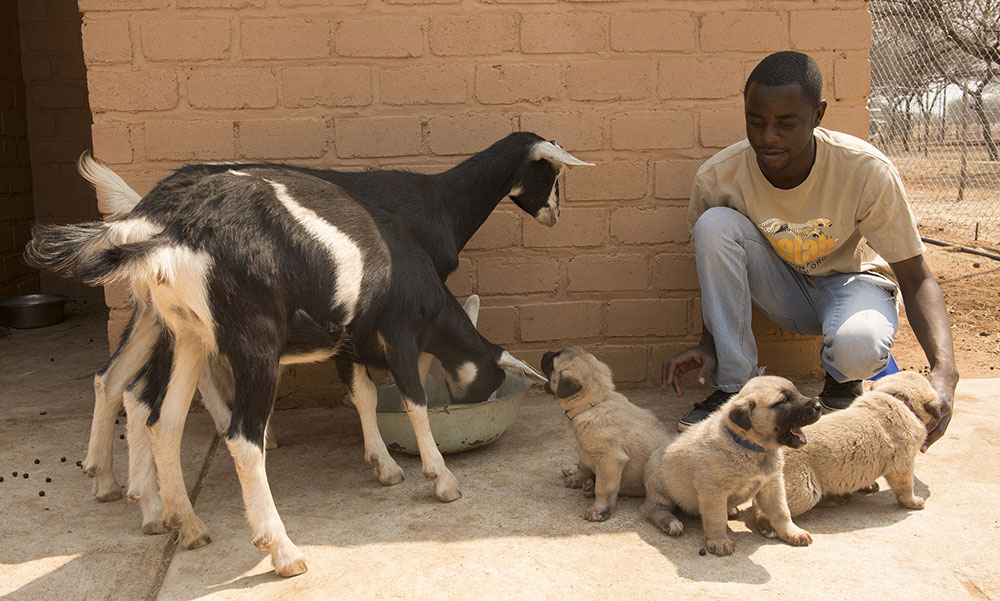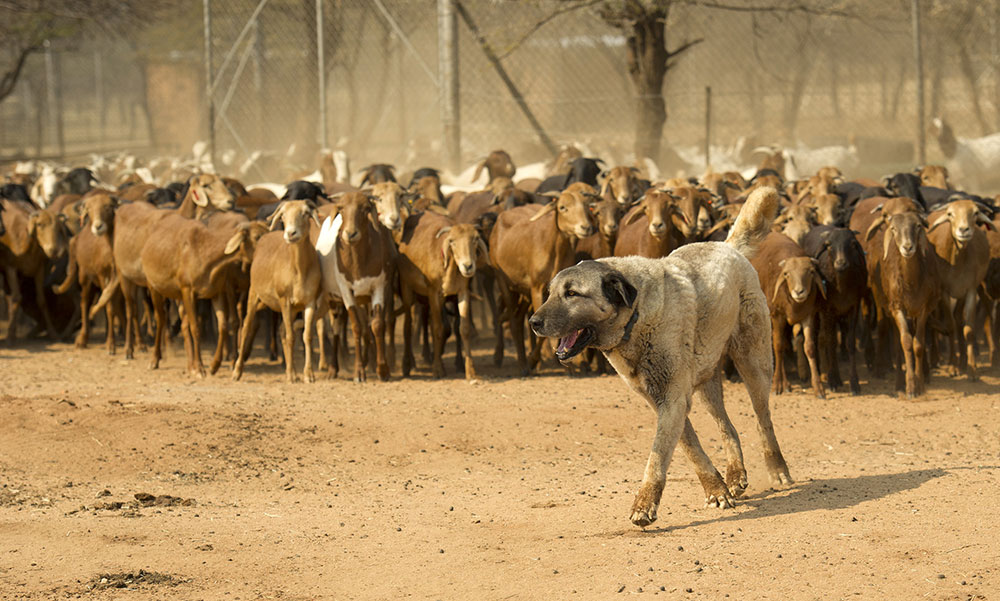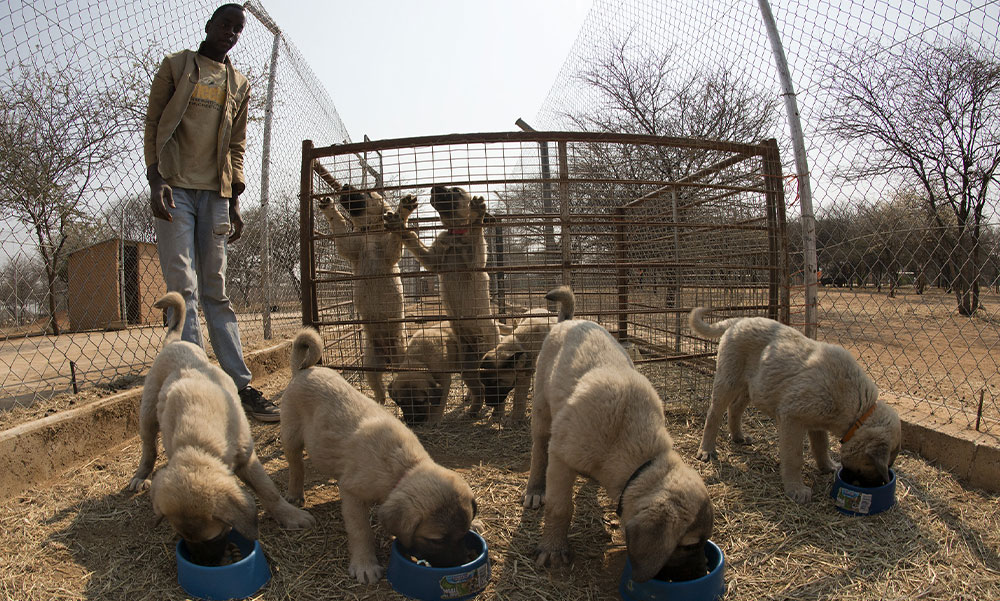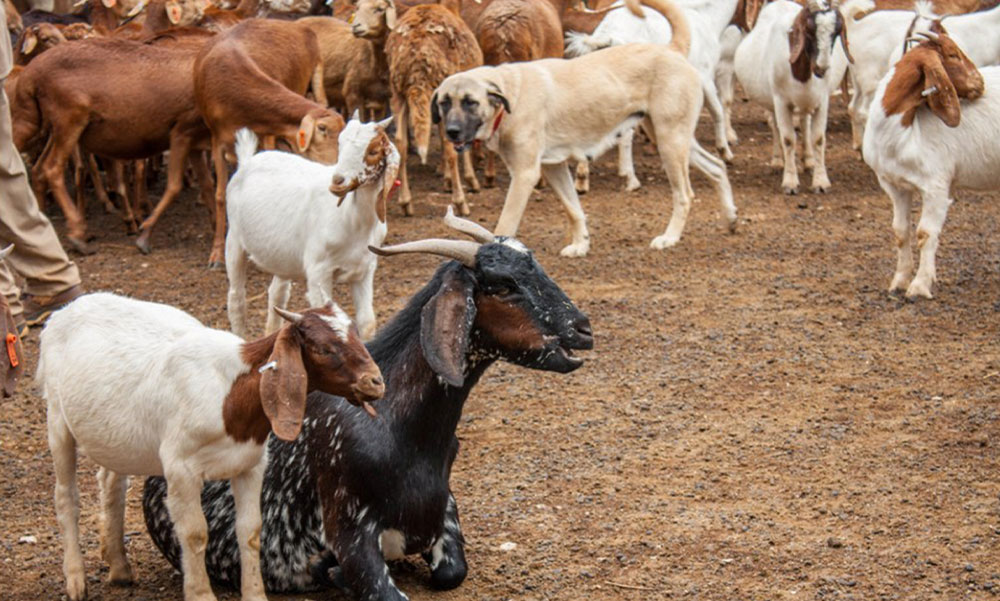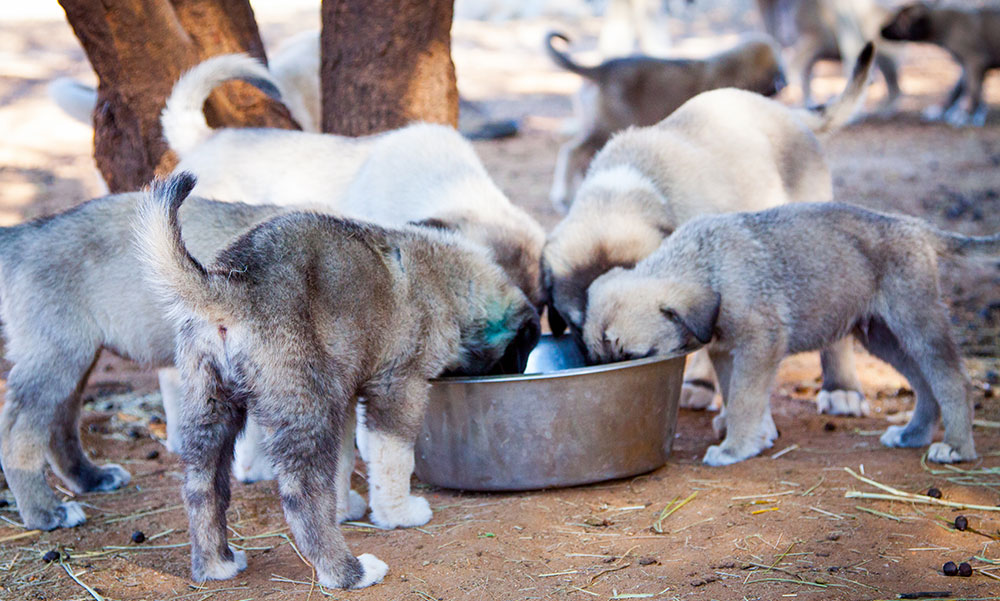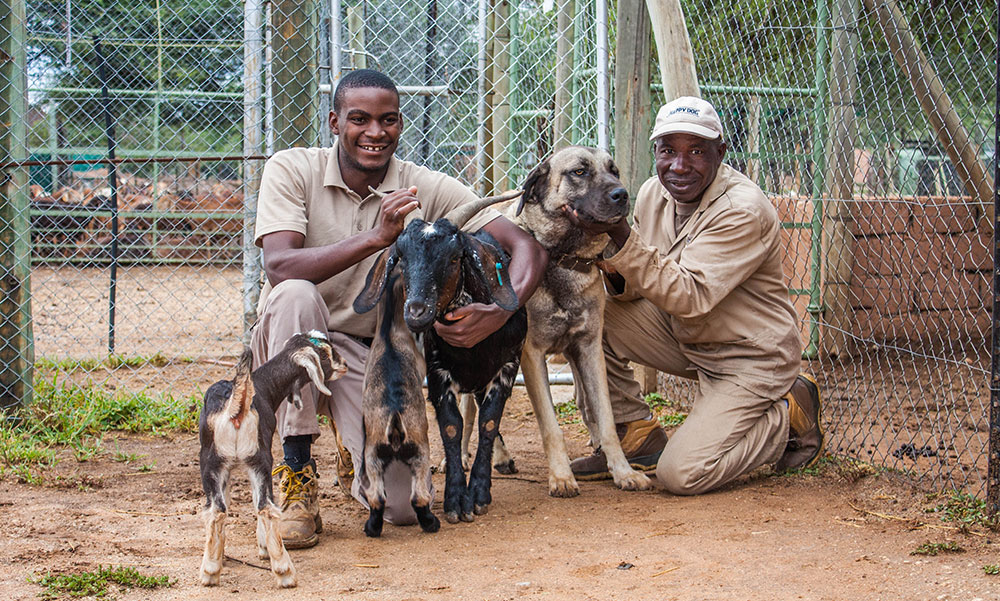Media Resources
Available Speakers
CCF staff are some of the leading experts in their fields, and they are available for interviews. To request an interview with the staff listed below please contact media@cheetah.org.
Dr. Laurie Marker – CCF’s Founder and Executive Director
Dr. Anne Schmidt-Küntzel, DVM – Research Geneticist and Assistant Director for Animal Health and Research
Brian Badger – Director of Conservation and Outreach
For additional information on CCF’s media resources or to inquire about filming at CCF’s Facilities in Namibia and Somaliland contact: media@cheetah.org
Video B-Roll
These videos are unlisted on CCF’s YouTube to preview. To request the files for download contact: media@cheetah.org. If you are interested in talking to anyone about the
Photo Usage
When using images, please credit them to CCF as follows: “Photographer name/Cheetah Conservation Fund”. If there is no photographer’s name in the file name, then simply credit as “Courtesy of Cheetah Conservation Fund”.
Dr. Laurie Marker
CCF’s Founder and Executive Director
- Dr. Marker began her career working with cheetahs at Wildlife Safari, a wildlife park in the United States.
- Dr. Marker first traveled to South West Africa (now Namibia) while conducting research into the rewilding of captive-born cheetahs.
- Dr. Marker’s research in Namibia proved that cheetahs held in captivity could be taught to hunt but, more importantly, she discovered livestock farmers were killing wild cheetahs by the hundreds.
- Dr. Marker Founded Cheetah Conservation Fund (CCF) in 1990.
- The influence of CCF’s research-driven, conservation-focused, environmental education programs extend across the cheetah’s range in Africa, the Middle East and southern Asia.
- CCF is helping people to better live alongside predators like the cheetah.
- CCF is a cooperativly working with partners around the world to save the cheetah in the wild.
We always think there is someone else who will do something, that ‘they’ will take care of it. I realized early in my work that there is no ‘they,’ and so I decided that I would take action to save the cheetah from extinction. – Dr. Laurie Marker
Dr. Laurie Marker’s Bio and CV
Cheetahs
- Fewer than 7,500 cheetahs remain in the wild across the cheetah’s range
- The cheetah’s historic range spanned Africa, the Middle East, and India.
- The cheetah’s current range is pocketed in southern Africa, north central Africa and the Horn of Africa with a very small population of cheetahs (fewer than 50 individuals) in Iran.
- Southern Africa, where CCF’s headquarters are located, represents 1/3 of the world’s total population of wild cheetahs.
- The three main threats to the cheetah are: human-wildlife conflict, habitat loss and illegal pet/wildlife trade.
- The influence of CCF research-driven, conservation-focused, environmental education programs extend across the cheetah’s range in Africa, the Middle East and southern Asia.
- CCF is cooperatively working in rangewide communities and with partners around the world to save the cheetah in the wild.
- The cheetah has many unique adaptations that make it one of the most successful hunters in its ecosystem. It is the fastest land animal in the world but it is also the most endangered big cat in Africa.
Livestock Guarding Dogs at CCF
- CCF’s Livestock Guarding Dog Program was founded in 1994 as part of an international research project into non-lethal predator-friendly farming techniques.
- Since 1994, CCF has place over 650 dogs throughout Namibia.
- CCF has helped create Livestock Guarding Dog programs in South Africa, Botswana, and Tanzania.
- CCF breeds Kangal/Anatolian shepherd dogs – a breed with a 6,000 year history of guarding livestock in Turkey.
- Livestock Guarding Dogs are the single most-effective resource toward mitigating human-wildlife conflict – one of the three main threats to the cheetah.
- Farmers who use a CCF Livestock Guarding Dog experience an 80% reduction rate in livestock losses due to predation.

